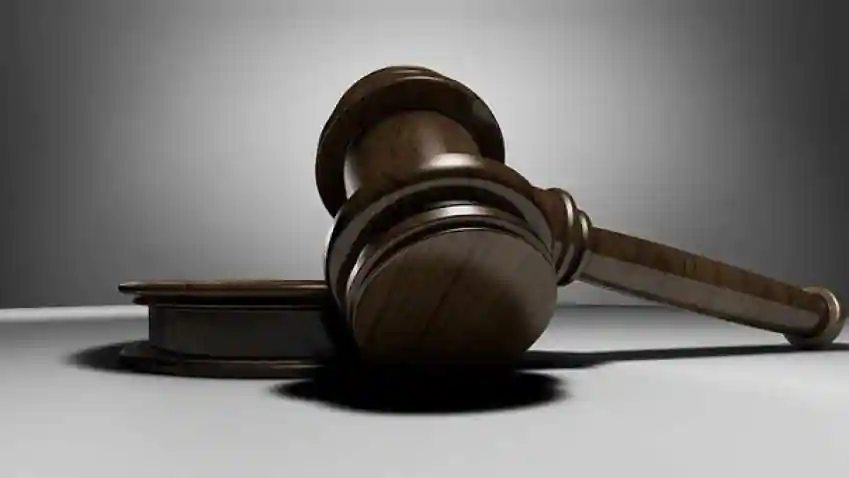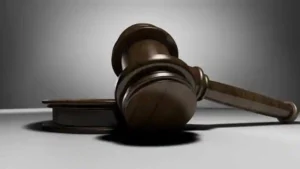Bombay High Court
Holya Lasha Mahale And Anr. vs Raghunath Holya Mahale on 29 March, 2006
Bench: S Mhase
Equivalent citations: 2006 (44) MhLj 80
The delay condonation application is a miscellaneous judicial proceeding and it is to be decided on the basis of the evidence led by the parties before the Court. The regular procedure is to record the evidence of the parties by way of examination-in-chief and cross-examination. However, such procedure can be dispensed with by the Court if the Court desires to exercise powers under Order XIX, Rule 1 of the Code of Civil Procedure, 1908. In that eventuality the Court has to pass an order to that effect. Order XIX, Rule 1 of the Civil Procedure Code is to the following effect:
1. Power to order any point to be proved by affidavit.–Any Court may at any time for sufficient reason order that any particular fact or facts may be proved by affidavit, or that the affidavit of any witness may be read at the hearing, on such conditions as the Court thinks reasonable. Provided that where it appears to the Court that either party bona fide desires the production of a witness for cross-examination, and that such witness can be produced, an order shall not be made authorising the evidence of such witness to be given by affidavit.{Para 5}
6. Thus, the Court can read the evidence led by way of the affidavit after having recorded the sufficient reasons for accepting such affidavits and, if no such order is passed by the Court, the Court is under obligation to follow the regular procedure of recording the evidence by way of examination-in-chief and cross-examination. In the present matter, it is further noticed that none of the parties have filed pursis informing the Court that the evidence is closed by either side. Thus, it is transpired that the matter is disposed of simply on the basis of the pleadings of the parties without recording of evidence in the Court and/or obtaining evidence as per Order XIX, Rule 1 of the Code of Civil Procedure, 1908. In the absence of pursis of the parties that they do not intend to lead evidence and/or they have closed evidence, it was inappropriate on the part of the First Appellate Court to dispose of the matter on the basis of the pleadings of the parties simpliciter. Therefore, on this aspect of the matter, the order passed by the First Appellate Court suffers from a procedural drawback and requires to be set aside. It is accordingly set aside. However, since the matter was disposed of without following the procedure as discussed above, it has become necessary to remand the matter to the First Appellate Court to decide the delay condonation application after recording evidence of the parties in the Court and/or by way of affidavit after passing an order under Order XIX, Rule 1 of the Code of Civil Procedure, 1908.


